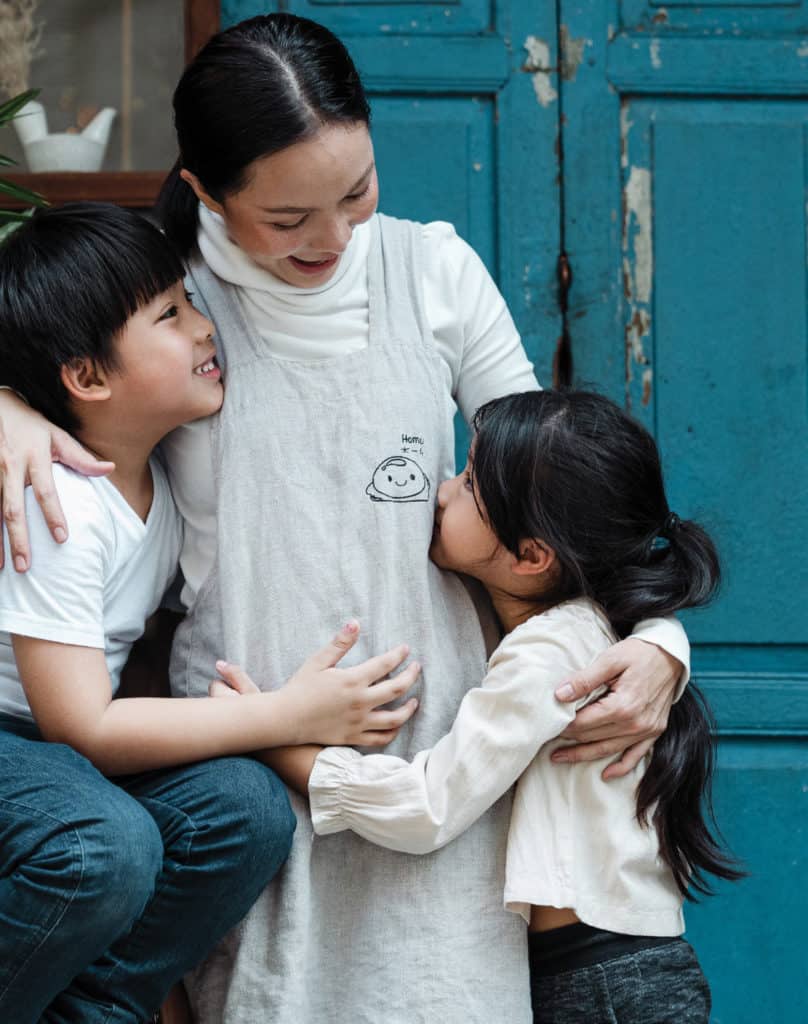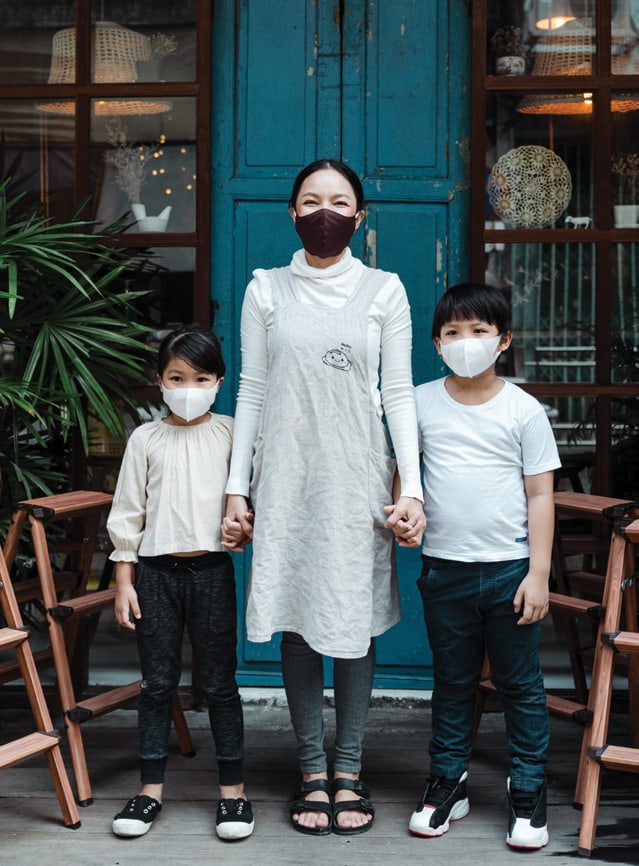While avoiding perceived dangers is one of the most basic human instincts, the willingness to take measured risks for the sake of a sufficiently important value is also necessary for living life to its fullest. A favorite saying of mine goes: “A ship in harbor is safe, but that’s not what ships are built for.” Staying securely in one’s comfort zone results in a severely impoverished life. On the other hand, habitual disregard of risks can easily result in injury or premature death. How do we strike a balance then?

The Gospel provides a lens through which we can assess such situations: the lens of Love. I deliberately use the capital “L,” because it is not just a transitory good feeling toward someone or something. It is the Love that the Bible speaks of, which Chiara Lubich understood to be nothing less than the personal reality of God in whom and through whom all things exist. Jesus’ life is our compass for discernment of risk-taking, as it is for all things. Love, as Jesus lived, is not selfish. It is always about the other person’s good first, above all else.
In the moment of His forsakenness and death, He took the ultimate “risk.” He seemed to have thrown His life away completely and was killed by the very ones who despised His teachings and good deeds. However, Christian faith tells us that because of His death, He transformed the hatred against Him into a freely given act of selfless love. He took the place of those who were lost, revealing His Father’s desire to bring salvation even to those whose thoughts and actions were farthest from God. Instead of passing uselessly into the darkness, His dying because of Love for us became a light that, even today, radiates with its power to transform human hearts.

The martyrs learned that faith is a value for which it is reasonable to risk even life itself. Yet there is a big difference between martyrdom and suicide. Most of the early martyrs carefully refrained from recklessly throwing themselves into mortally dangerous situations. Nevertheless, they did not refrain from worshipping together, bringing Holy Communion to the sick, proclaiming the truth with boldness or doing many other things that exposed them to significant risk of capture and execution for their faith. They are our models; they who demonstrated that willingness to risk death for God’s love and for our brothers and sisters, make life that much richer. As the Gospel of John says: “No one has greater love than this, to lay down one’s life for one’s friends.” (John 15: 13)

If certain values are worth risking even death itself, then it is similarly reasonable to assume measured risks in other matters. However, appetites for such risks differ greatly: a person may find risk-taking exhilarating while another may experience great anxiety, especially in this year’s coronavirus pandemic. Moreover, some people simply cannot afford to take risks that others might take unflinchingly, like those with certain medical conditions and those advanced in age. It is Love to wear a mask outdoors as it protects others in case we have the virus, for example.
For the sake of discernment, let us apply in smaller matters the same criterion when one’s own life is at stake: Is it a risk that would be accepted for the love of God or others, or is it a risk for my personal convenience and enjoyment?
When Love is made the criterion for discernment of risk, it provides light, both to take risks or not to do so, depending on the situation. Thus, I may take a risk (for example, to go to Mass, to take care of a sick person, to board a plane on some altruistic mission) because my love for God and others suggests doing so. But I may, for the same reason refrain from taking a risk (such as going to a party, going out without a mask, driving at high speed) because it would make others uncomfortable or even put another person’s life in danger. Love will always guide us to prevent the risk-taking decision from becoming a mere clash of wills. That decision then will become the “cross” on which we make the daily decision to “die” for the sake of another.
Msgr. Michael Magee and Jenni Bulan
(Living City, USA)




